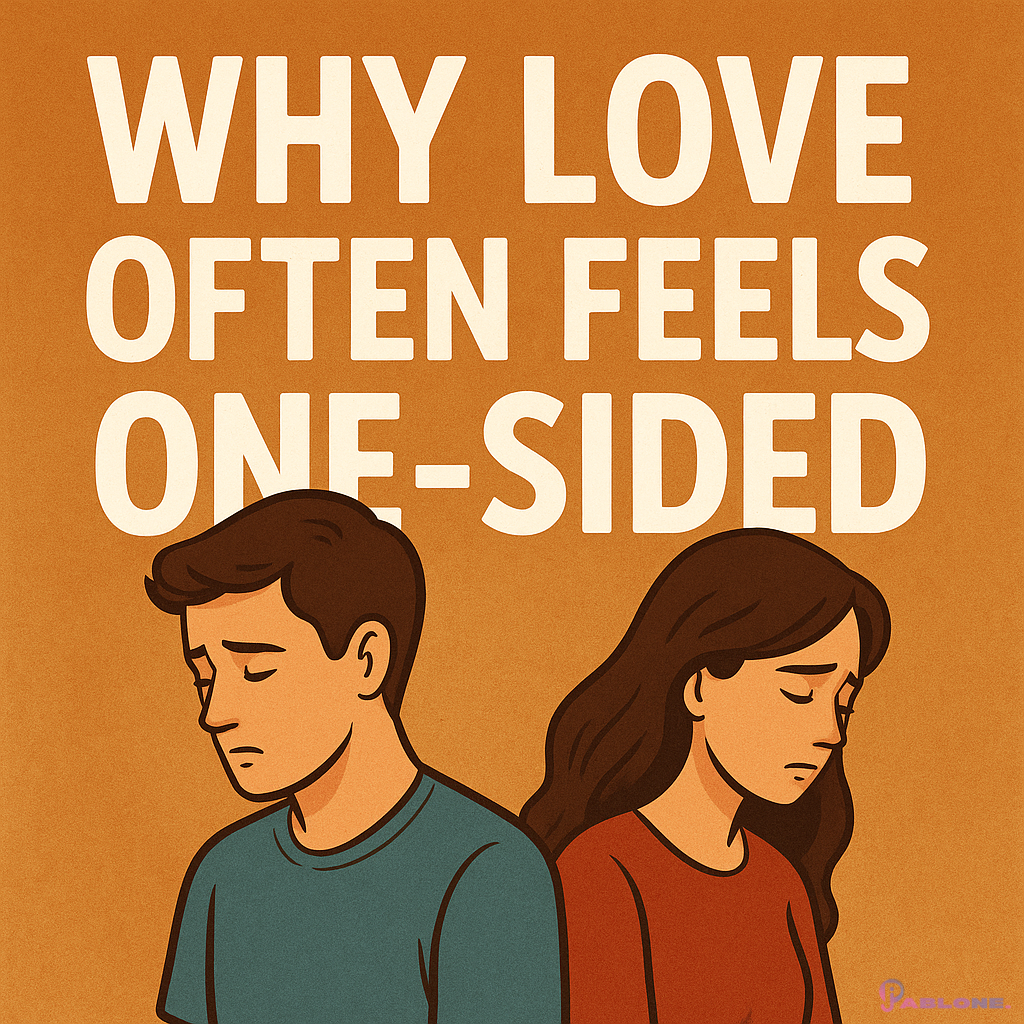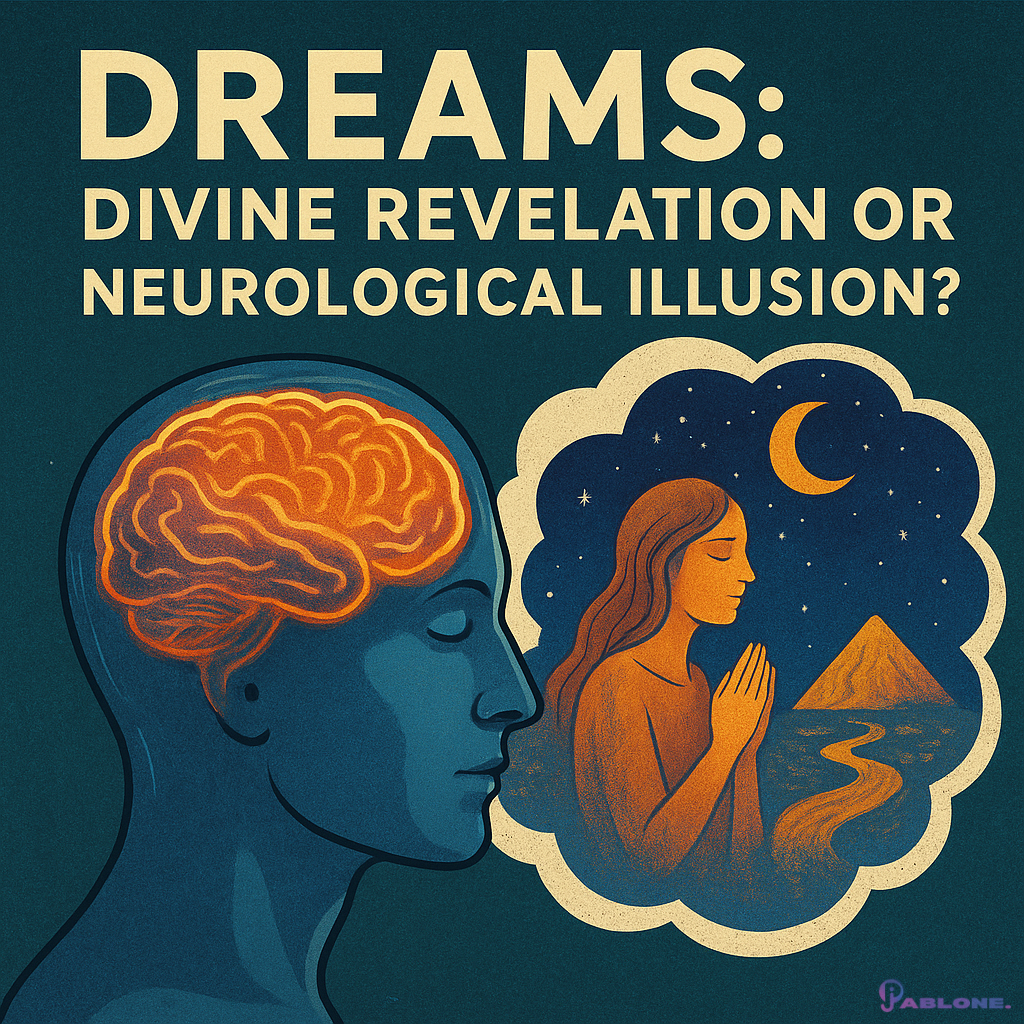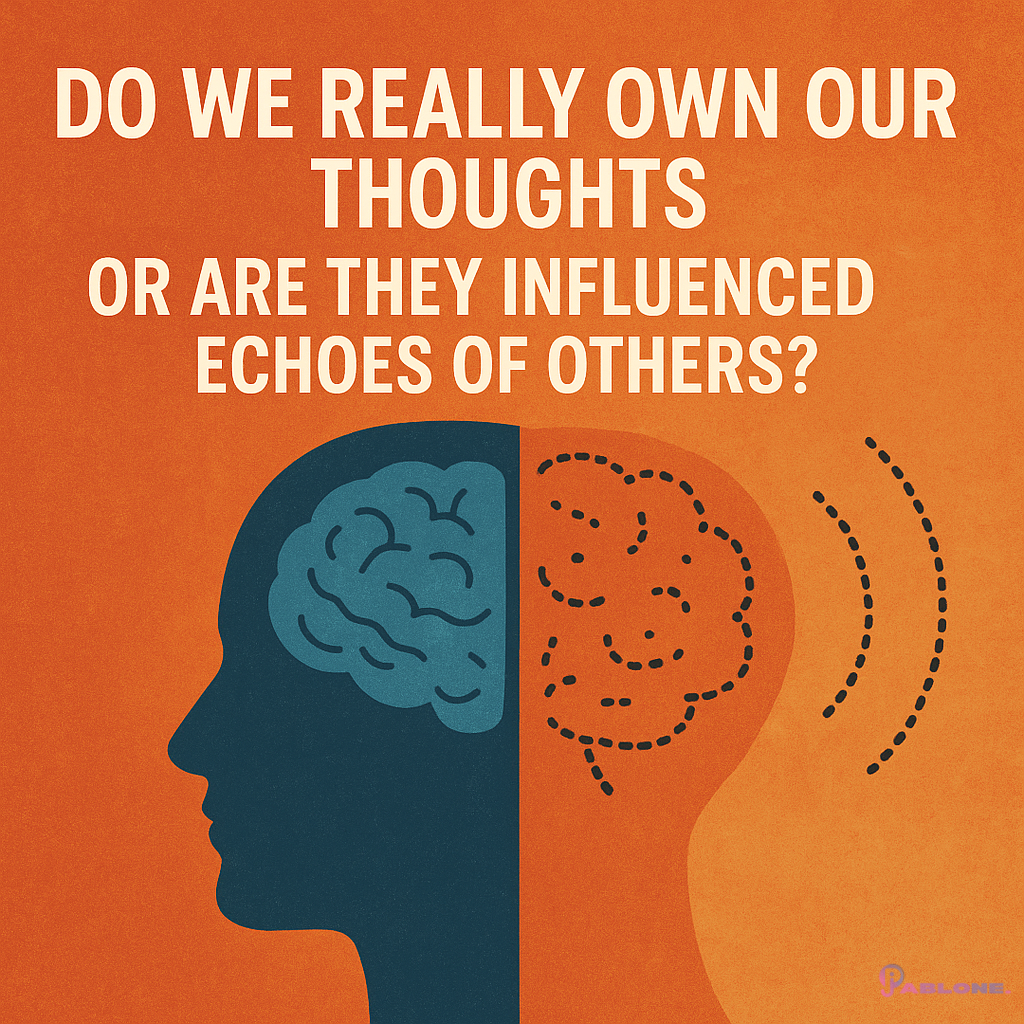What is Psychology?
🔍 Introduction
Psychology, often described as the scientific study of the mind and behaviour, is a field that influences nearly every part of human life. It helps us understand how people think, feel, and behave both independently and socially. Whether in healthcare, education, workplaces, or communities, psychology helps explain why humans act the way they do.
Over time, psychology has grown from ancient philosophical debates to a scientifically grounded discipline. Psychologists now use controlled methods such as experiments, observations, and case studies to explore mental processes. This blog will walk you through the evolution of psychology, its foundational theories, famous psychologists, and modern-day relevance.
📜 A Brief History of Psychology
Early Foundations
The origin of psychology lies in ancient philosophy. Greek thinkers like Socrates, Plato, and Aristotle questioned the nature of the human mind. Plato believed that knowledge is innate, whereas Aristotle argued it comes through experience. Fast forward to the 1600s, French philosopher René Descartes introduced dualism—the concept that the mind and body are separate but interact. This thought laid early groundwork for studying mental activity.
The Birth of Modern Psychology
In 1879, Wilhelm Wundt established the first psychology lab in Leipzig, Germany. This marked psychology’s transition from philosophy to science. He used a method called introspection—examining one’s own thoughts and feelings—to study mental processes. In the United States, William James promoted functionalism, focusing on how mental functions help individuals adapt to their environment.
The 20th Century Shift
Psychology underwent a revolution in the early 1900s. While Freud explored the unconscious mind through psychoanalysis, behaviourists like John B. Watson and B.F. Skinner insisted that only observable behaviour should be studied scientifically. These movements gave rise to multiple schools of thought that still shape psychology today.
🏫 Major Schools of Thought in Psychology
Structuralism
Proposed by Wilhelm Wundt and Edward Titchener, structuralism aimed to deconstruct the human mind into basic elements. Through introspection, people described their mental experiences, hoping to identify the “building blocks” of consciousness.
Functionalism
Championed by William James, functionalism emphasized the functions of mental processes—how they help us adapt to our surroundings. This approach paved the way for applied psychology and educational studies.
Psychoanalysis
Freud’s theory emphasized unconscious desires, childhood experiences, and inner conflicts. His ideas like the id, ego, and superego, and his psychosexual stages of development, deeply influenced psychological therapy and literature.
Behaviourism
Behaviourists like Watson and Skinner dismissed inner thoughts, focusing only on measurable behaviours. Skinner’s concept of operant conditioning—rewarding or punishing behaviour to shape it—is still widely used in education and therapy.
Humanism
Humanistic psychologists like Carl Rogers and Abraham Maslow believed in free will, personal growth, and human potential. Maslow’s Hierarchy of Needs outlines the journey from survival needs to self-actualization.
Cognitive Psychology
Emerging in the 1950s, cognitive psychology explored how people think, remember, and learn. Pioneers like Jean Piaget and Ulric Neisser emphasized internal mental functions, sparking a “cognitive revolution” in the field.
🧠 Key Concepts in Psychology
Cognition and Memory
Cognitive psychology investigates how we perceive, remember, and solve problems. Memory involves stages—encoding, storage, and retrieval. Studies also explore how memory can be distorted by emotions or misinformation.
Emotion and Motivation
Emotions shape our decisions and actions. Psychologists examine their biological, social, and cognitive dimensions. Motivation theories—like Maslow’s or Self-Determination Theory—seek to explain what drives human actions.
Personality and Individual Differences
Personality psychology looks at traits that make each person unique. The popular Big Five model includes openness, conscientiousness, extraversion, agreeableness, and neuroticism. Both nature and nurture influence personality.
Mental Health and Disorders
Clinical psychology deals with diagnosing and treating mental illnesses like anxiety, depression, and schizophrenia. Treatments include talk therapies like CBT (Cognitive-Behavioural Therapy), medication, and lifestyle changes.
Developmental Psychology
This branch studies human growth from infancy to old age. Jean Piaget’s cognitive development stages and Erik Erikson’s psychosocial stages help explain how people evolve mentally and emotionally over time.
⚙️ Contemporary Applications of Psychology
Clinical Psychology
Clinical psychologists work in hospitals, private clinics, or online platforms to treat mental health issues. Techniques like CBT, DBT (Dialectical Behaviour Therapy), and mindfulness are commonly used.
Educational Psychology
This area focuses on learning processes, student motivation, and classroom strategies. Educational psychologists help identify learning disabilities and craft personalized teaching approaches.
Industrial-Organizational Psychology
Often abbreviated as I-O psychology, this field improves workplace performance and employee satisfaction. I-O psychologists design hiring procedures, boost team morale, and resolve conflicts.
Forensic Psychology
Bridging psychology and law, forensic psychologists assess criminals’ mental states, aid legal proceedings, and consult with law enforcement on criminal behaviour profiles.
Health Psychology
Health psychologists explore how thoughts, behaviours, and environments affect physical health. They promote positive habits, assist with chronic illness management, and encourage stress reduction.
🔮 The Future of Psychology
Psychology is increasingly merging with neuroscience and technology. With the help of brain imaging tools like fMRI and EEG, researchers now explore the biological roots of behaviour. Digital therapy platforms, AI-driven mental health tools, and virtual reality interventions are shaping modern treatment methods.
As mental health awareness grows globally, psychology will continue addressing pressing issues—like workplace burnout, trauma recovery, and social inequality. The future is bright, innovative, and essential.
✅ Conclusion
Psychology is more than just a subject—it’s a guide to understanding human thoughts, emotions, and actions. From philosophical beginnings to modern neuroscience, psychology has shaped how we perceive ourselves and others.
Its practical use in therapy, education, law, and industry shows that psychology isn’t just theory—it’s a powerful tool for solving real-life problems. As we step further into the digital age, psychology’s role in shaping a healthier, more conscious society is only set to grow.







Leave a Reply